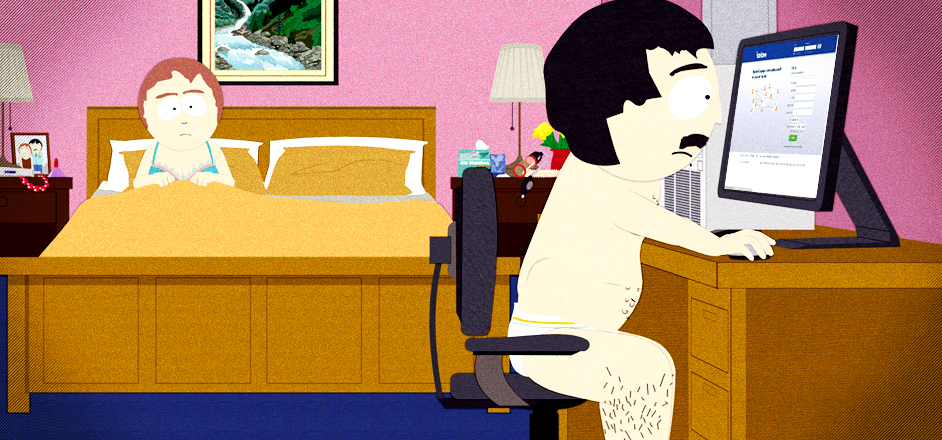Just last week, a Swiss court handed down a healthy fine to a man who simply clicked “like” on a string of damaging social media posts, $4,000 to be exact. This event and many others like it are increasingly becoming more prevalent in a civilization connecting itself tighter than a mongoose's thigh — with little room to breathe as individuals.
And, yeah, social media screwing with your whole world can definitely happen to you, too …
Fines for 'Liking'
In the case of the Swiss man mentioned above, the court was able to hand down punishment because of a conviction based around defamation. Except, he wasn’t the one who actually posted anything, a third party was. However, “the defendant clearly endorsed the unseemly content and made it his own,” the court later said in a statement. The libelous attacks were reportedly against an animal rights activist being accused of anti-Semitism, racism and facism (so many “isms”) in them. The activist successfully sued those behind the original statements, though the court found that “reacting” to it online was one in the same.
Jailed for Tweets
In the days following the 2016 U.S. election, lots of things were said, most of them containing expletives enough to make grandmama cry. But when those posts become something more than venting frustration, authorities tend to get involved. In early November, Zachary Benson, 24, tweeted, “My life goal is to assassinate Trump. Don't care if I serve infinite sentences. That man deserves to decease existing.” — a since deleted statement that got him jailed and later charged with “making threats against the president and successors to the presidency." The case is still pending.
Denied for Memes
Over the past few days, details continue to emerge about a “private” Facebook chat gone wrong, with participants in it posting un-dank memes that included racist and sexually exploitative content. Ten of the participating people in the chat lost their opportunities to attend Harvard after school officials caught wind of the behavior.
Fired for Blunders
It’s not uncommon anymore, but from coast to coast, people lose much more than a few friends from posting the wrong thought process in an archivable digital medium. From making tacky jokes about AIDS to getting drunk and berating strangers (and let’s not forget our favorite teacher who liked to get naked and stoned on Twitter), dozens of stories continue to make headlines about lapse in judgments when everyone in the world has access to them.
Sick for Nothing
It’s not only our social lives the Internet attacks. Being so connected to what everyone else is doing also wreaks havoc on your internal wellbeing. Take the past few months, for instance. Does anyone feel any better about the world around you? Being attacked with negative news on a 24-hour cycle tends to morph your understanding of what’s going on out there and has real consequences on depression, anxiety, stress and — in extreme cases — suicidal tendencies. Many studies continue to compound the negative effects on the brain and body, completely connected to how we use our free-time scrolling through the muck.
Sexless for What
A drop in the sexual culture of younger generations attached to their phones isn’t necessarily because of social media entirely, though it does play a large part. Experts and researchers all agree that sexual stimulation, rate of partners and overall sexual intercourse in general is on a downward trend, which has a lot to do with how busy people are. “I don’t involve myself in the scene of frat parties and hookup culture . . . but it seems like every other option is so time-consuming and very hard to seek out,” says Alexandra Wolff, 19, to The Washington Post. At the time of her interview, she was a virgin. “It’s not like I’m saving myself for anything; it’s more like, I’ve been busy.”
Addicted for Life
And if sore wrists, no sex and sad feelings weren’t enough, being addicted to the Internet is now a real concern for millions of people around the world. It’s no accident, either, as even rogue programmers are admitting to the deception baked into apps, programs and how devices actually function. "This is one way to hijack people’s minds and create a habit, to form a habit," Tristan Harris, a former Google manager told Anderson Cooper recently. "What you do is you make it so when someone pulls a lever, sometimes they get a reward, an exciting reward. And it turns out that this design technique can be embedded inside of all these products." Kicking the Internet can be just as bad (or worse) than quitting cocaine.
Sign on at your own risk.



Leave a Reply
You must be logged in to post a comment.